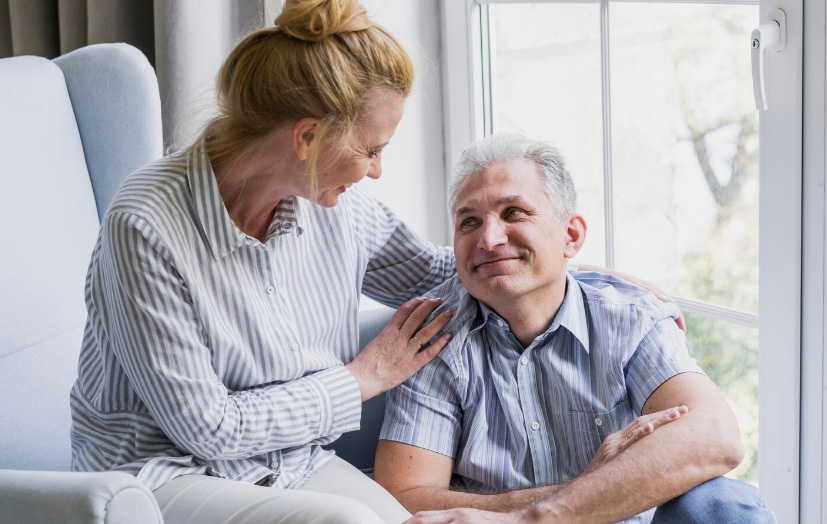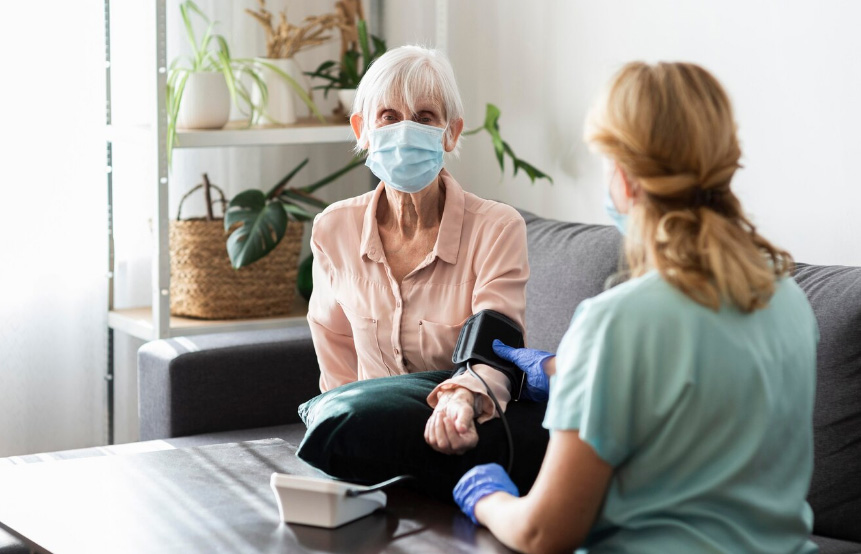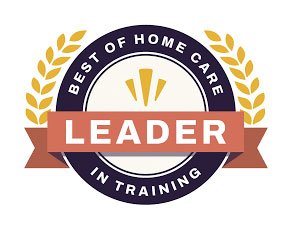
Spinal muscular atrophy (SMA) is a neuromuscular disorder that can cause the loss of motor neurons and progressive muscle weakness. SMA is quite a common genetic cause of infant mortality, and it is estimated to affect live births. However, it can also affect other age groups.
This is because SMA is essentially a degenerative disease that affects the spinal cord and its motor neurons, which results in muscle weakness and atrophy. Seniors can be subject to the symptoms that this has, which can result in a change in their quality of life and a level of reliance on someone’s care.
Continue reading to learn more.
What Causes Spinal Muscular Atrophy in Seniors?
Spinal muscular atrophy is caused by certain mutations in the SMN1 gene. This gene offers instructions for making a protein called SMN, which is essential for the maintenance of motor neurons. Motor neurons are the nerve cells that send signals from the brain to the muscles.
The loss of functional SMN protein leads to the decreasing of motor neurons and a lack of muscle movement. As these cells die, the muscles controlled by these cells are no longer able to function properly, resulting in muscle weakness and atrophy.
What Symptoms Do Seniors with SMA Experience?
The symptoms of SMA vary depending on the actual type and severity of the condition, but they typically involve muscle weakness and wasting. Affected infants may have difficulty lifting their heads, and they may eventually require ventilation to breathe.
Seniors who are dealing with muscular atrophy in their spine may experience muscle weakness and wasting, joint contractures, and respiratory problems. SMA can also affect the heart and other organs.
How Can Seniors with SMA Be Cared For?
As we age, our bodies go through numerous changes. For seniors with SMA, these changes can be especially difficult to manage. Seniors with SMA often need extra care and support to manage their condition. When caring for a senior with SMA, keep these in mind:
- Consider Physical Support at Home. If your loved one has difficulty getting around, consider installing assistive devices in the home. This can make it easier for them to move around and stay independent. It’s also key to look into home health aides and hospice care who can provide additional support with activities of daily living.
- Address Any Necessary Respiratory Problems. SMA can cause difficulty with breathing, so it’s paramount to make sure your loved one is getting the care they need to manage this symptom. This may include working with a health professional to develop a respiratory care plan.
- Look Into and Encourage Physical Therapy. Physical therapy can help seniors with SMA maintain their strength and mobility. It’s important to find a physical therapist and encourage your loved one to participate in physical therapy to help them stay as active and independent as possible.
Conclusion
If your elderly loved one is diagnosed with SMA, understand what this means and how it affects their life. This condition can be difficult to manage, but there are various ways to make it easier. With the right support and care, your loved one can live a long and fulfilling life.
Contact Golden Rule Hospice Your Trusted Hospice Care in Georgia
In need of reliable hospice care in Atlanta? Golden Rule Hospice provides home hospice care, with services covered by Medicare. Get in touch with us today at (470) 395-6567!








